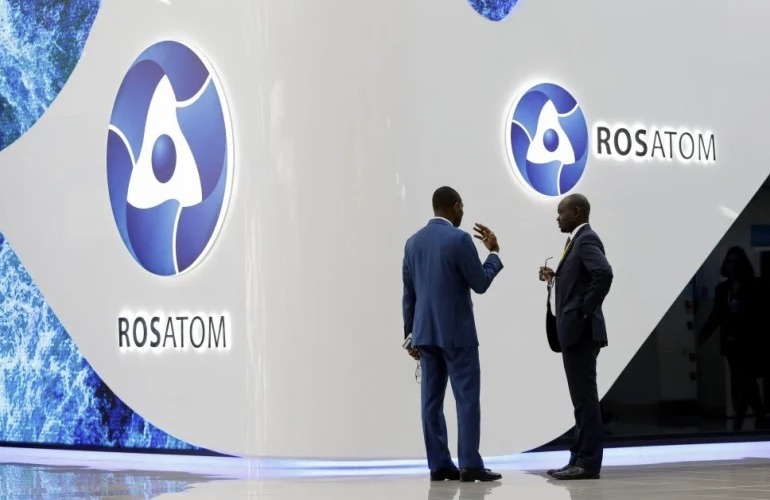
Over the past decade, Russia has intensified its presence in Africa, driven more by the strategic need to compensate for its international isolation following the annexation of Crimea and the invasion of Ukraine than by a genuine interest in the continent. The Kremlin has deployed a multifaceted strategy based on natural resource exploitation, energy blackmail, information manipulation and support for military regimes, presenting itself as the heir to Soviet cooperation with Africa.
With the loss of influence in Europe, Moscow turned to oligarchs and state-owned companies such as Gazprom, Rosatom or Alrosa to conquer African markets, with limited results due to competition from powers such as China, France or the United States.
One of the main tools has been nuclear energy, which guarantees Russia long-term technological and political control. However, with the exception of Egypt, few of the agreements signed have materialised.
In parallel, the Kremlin has replicated in Africa its methods of digital manipulation and disinformation, initially tested in Ukraine. Organisations such as AFRIC or the Wagner Group network have operated to influence electoral processes and support military-friendly governments, such as in the Central African Republic or the Sahel. This cooperation, in addition to increasing influence in the region, will give the Kremlin access to minerals with potentially huge reserves of gold, uranium and other valuable natural resources, according to the Institute for the Study of War (ISW).
Despite Russia's official discourse of 'non-colonialism', Moscow has reactivated structures inherited from the Soviet bloc, such as cultural centres or networks of former USSR-trained scholarship holders, many of whom are now in positions of power. The Russian narrative relies on the historical struggle against apartheid, concealing both its own colonial past and Ukraine's significant role in supporting African liberation movements.
Ukraine, for its part, has reacted belatedly to Russia's advance in Africa. Since 2022 it has begun to build an autonomous African policy, with new embassies, communication strategies and presidential diplomacy. It has also relied on the support of its diaspora, particularly active in South Africa, Egypt and Tunisia, which has provoked defamation campaigns promoted by circles close to the Kremlin.
In 2023, African leaders undertook a historic peace mission to Kyiv and Moscow in an attempt to take a more active role in conflict resolution. Despite the difficulties, cooperation between Ukraine and Africa is gaining ground thanks to shared interests in regional security, international justice and human rights.
Source: ukrainianworldcongress.org | Institute for the Study of War (ISW)

